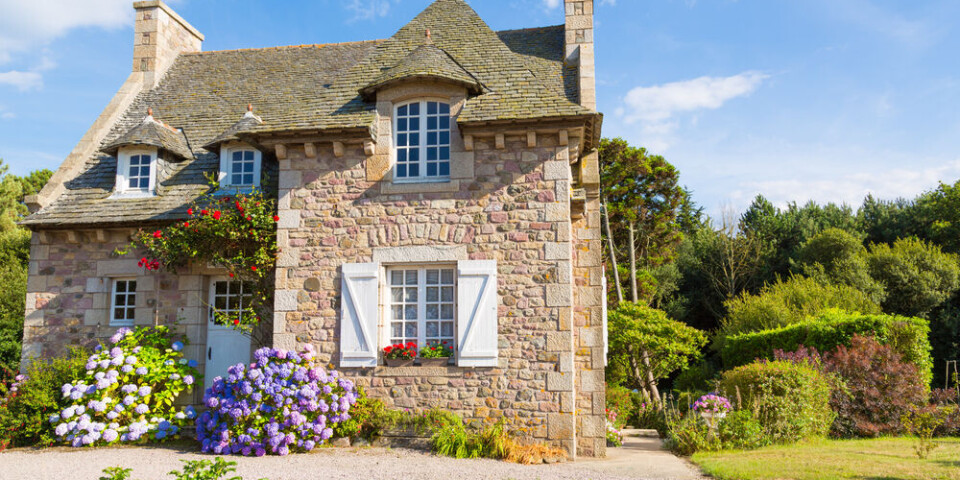-
Mandatory militarised civic service for youths in France aged 16-25 starts this autumn
Journée de défense et de citoyenneté is compulsory for many young people
-
Portuguese man o’ war sightings force French beach closures
Venomous species is often mistaken for jellyfish
-
French weekly weather forecast July 28 - August 1: unsettled north, high winds in south
A new low-pressure system is due to move in from the Atlantic, bringing wet and blustery conditions
Eiffel Tower runners face the ultimate ‘Verticale’ challenge
The annual race to the top of Gustave Eiffel's masterpiece takes place in Paris

The Eiffel Tower is the location for a race for the super-fit this evening, when 128 runners will climb its 1,665 steps as quickly as possible.
La Verticale, as the race is known, was the brainchild of Jean-Charles Perrin, who also created the 80km Paris Eco-trail 10 years ago, and which will be run this Saturday.
"It's an exhilarating and challenging but absolutely awesome race that takes place in one of the most fabulous towers in the world," said stair-running superstar Suzy Walsham of the 279-metre ascent.
The Australian, who has also won the equivalent race at the Empire State Building in New York (86 floors, 1576 steps), has held the record for women since La Verticale was first run in 2015.
Back then, the number of runners was limited to 60 by Eiffel Tower operators SETE but rose to 100 in 2016. From this year, the number of participants will be equal to the age of the ‘Dame de Fer’, as Gustave Eiffel’s iconic masterpiece is affectionately known.
The race attracts the world’s top stair-runners, with 40 elite athletes selected by a committee. Among these are a dozen professionals - the rest of the field is comprised of 10 wild cards and 78 more drawn from a hat. In total, 602 applied to race.
Stay informed:
Sign up to our free weekly e-newsletter
Subscribe to access all our online articles and receive our printed monthly newspaper The Connexion at your home. News analysis, features and practical help for English-speakers in France
Mr Perrin said: "Everyone who runs staircases wants to race La Verticale. The Eiffel Tower has strong natural attraction, it speaks to everyone all over the world.”
As for the technical details: the first floor is reached after 345 steps, then there are 359 steps up to the 2nd floor. From the 2nd to the 3rd floor, things get trickier for the runners. The 932 steps are usually closed to the public and are ajouré (openwork, with ornamental holes) and exposed to the elements. An open-air tower race like this presents challenges unlike other ‘interior’ climbing races around the world.
The final small climb of 29 steps takes runners to the summit, where Gustave Eiffel installed his office.
By the time they get there, the leaders will be aiming for a time under eight minutes. "The start is fairly easy and after one to two minutes you start to feel the pain and your legs burn - it's pretty similar to a rowing event," says two-time winner Piotr Lobodzinski.
The Pole is seeking his third consecutive win and to improve his personal best of 7min 48sec.
"The race may not be the longest but because of the irregular staircase it’s one of the toughest. And it’s the only one with live broadcast on TV," he added.
UPDATE, Friday March 17 11am:
The men's race was won by Lobodzinski for the third consecutive time, while Suzy Walsham broke her own record by 14 seconds to claim the women's race title.
























